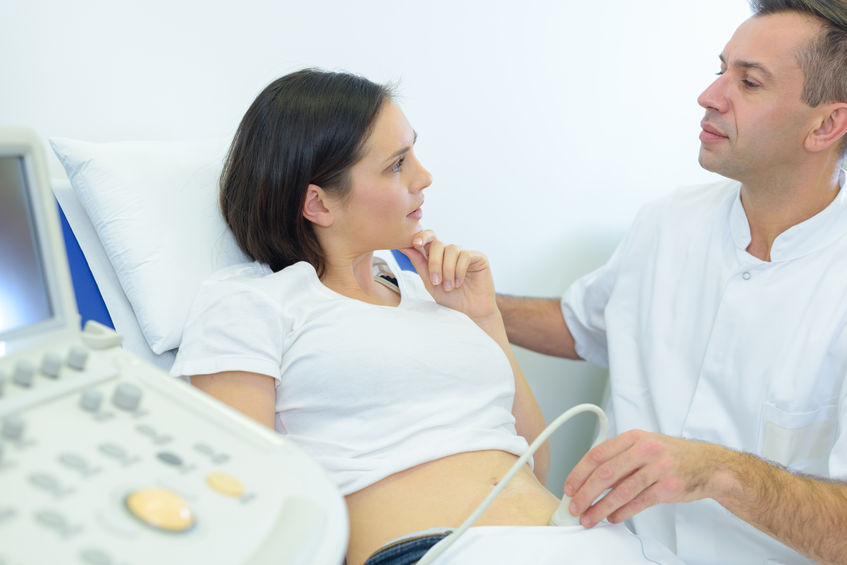An Exciting And Final Step Toward Your Future
In vitro fertilization (IVF) is the most popular of all the assisted reproduction treatment options. After going through a combination of medications and surgical procedures, the final step of the treatment is the IVF embryo transfer. First-time patients may feel intimidated about the embryo transfer, but the minimally invasive procedure is not as scary as patients may think.

What to know beforehand
Sperm and eggs are left to fertilize in a lab setting for 3-5 days. Once the eggs have been fertilized, fertility specialists can perform the embryo transfer. During the scheduled appointment, patients are asked to drink enough water to fill about two-thirds of the bladder. Any more could leave patients feeling uncomfortable during the procedure. Nearly full bladders are required to get a clear picture of the uterus using ultrasound guidance.
What happens during the procedure?
A fertility specialist will guide patients to the embryo transfer room and instruct patients to lay down on the bed with both feet up. The fertility specialist will place a speculum into the vagina without any special gel to get a better view of the cervix. An ultrasound probe will be placed on the patient’s lower abdomen to ensure an efficient transfer.
Doctors may perform a trial transfer to ensure the catheter can reach the uterine cavity. The embryologist will insert the thawed embryo into a catheter and gently insert the embryo into the uterine cavity. The embryologist will ensure that the embryo is inside the uterus and then carefully remove the catheter and speculum.
After the procedure
After the transfer procedure is complete, patients are advised to stay flat for about 20 minutes and then rest in the recovery room for another 20 minutes. Shortly after, patients can leave and should rest for the next few days. Patients should continue to take hormone medications and avoid alcohol and tobacco.
A successful embryo transfer
Most patients experience no discomfort after the procedure. A pregnancy test is performed about 10 days after the embryo transfer. If all goes well, couples can become pregnant and move forward with a doctor-approved prenatal plan. Couples interested in fertility treatment should speak with a fertility specialist.




